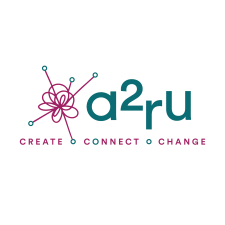Keywords
Generative AI; Computational Creativity; AI and Education; Ethics
Abstract
This case study examines the implementation of OpenAI's Generative AI (GenAI) in a graduate interactive storytelling course at Ball State University in Spring '23. Adopting a Posthumanist perspective, the course treated GenAI as a synthetic collaborator to bridge technical disparities among the students, enhancing their characters, dialogue, and visual production. Students also used the tool to help understand complex technical documentation. However, while the approach led to overall success, the case study proposes a shift towards Digital Humanism for a more balanced, ethical integration of GenAI in the classroom. This perspective prioritizes human creative agency over computational creativity, encouraging students to interact strategically with GenAI and nurture their unique creative style. The study emphasizes the role of educators in preparing students for a world increasingly utilizing GenAI while ensuring human creativity remains central.
Creative Commons License

This work is licensed under a Creative Commons Attribution 4.0 International License.
Rights
NO COPYRIGHT - UNITED STATES. For more information about this rights statement, please visit http://rightsstatements.org/vocab/NoC-US/1.0/
Recommended Citation
Fisher, Joshua A.
(2023)
"Teaching Creatives to be A.I. Provocateurs: Establishing a Digital Humanist Approach for Generative A.I. in the Classroom,"
Tradition Innovations in Arts, Design, and Media Higher Education: Vol. 1:
Iss.
1, Article 5.
DOI: https://doi.org/10.9741/2996-4873.1002
Available at:
https://digitalscholarship.unlv.edu/tradition_innovations/vol1/iss1/5
Included in
Creative Writing Commons, Curriculum and Instruction Commons, Digital Humanities Commons, Interactive Arts Commons



